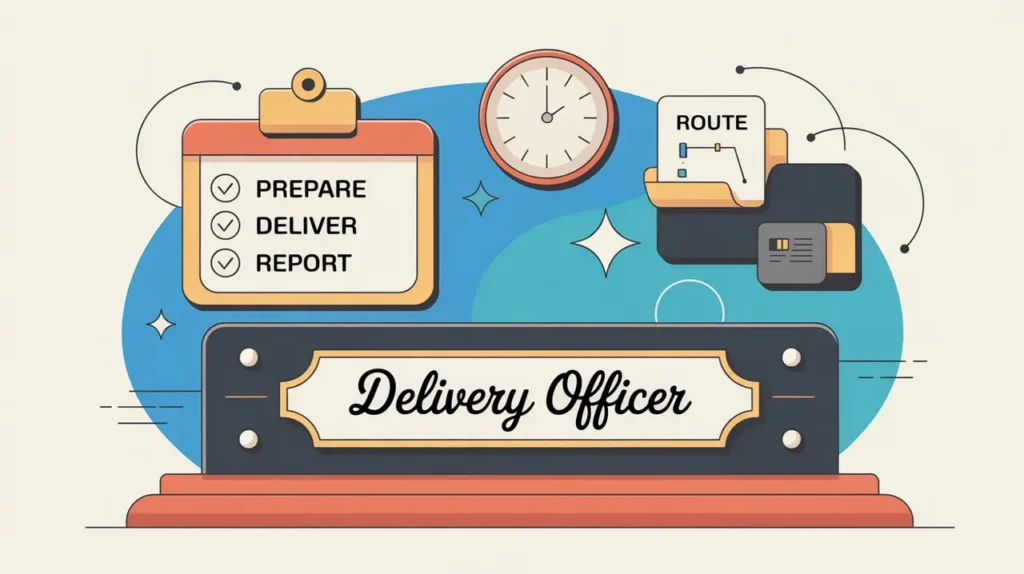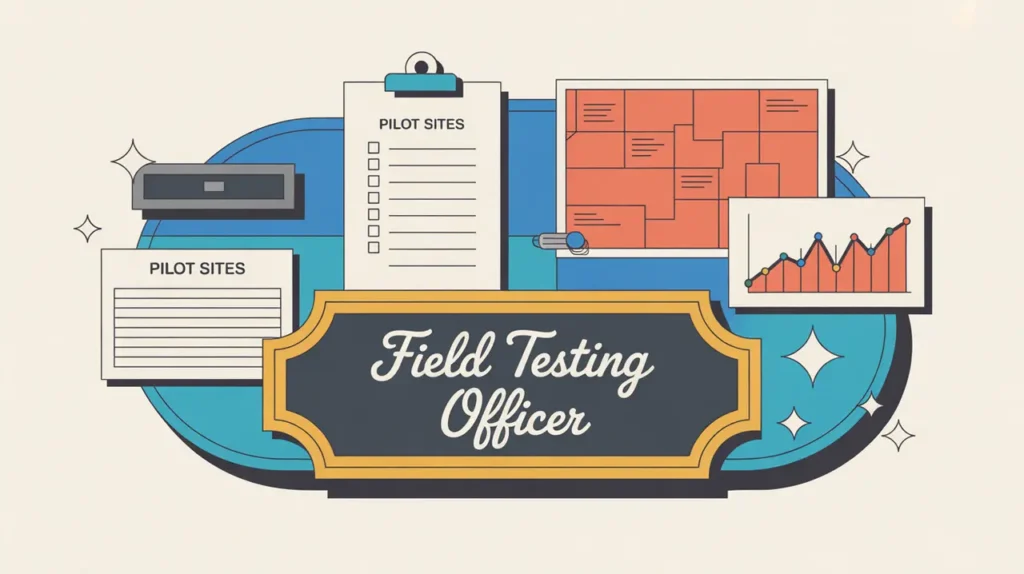What Does the Support Lead Role Involve?
A Support Lead is responsible for overseeing the coordination and delivery of administrative, operational, or technical support within a team or department. They provide guidance to support staff, ensure that workflows run smoothly, and act as a point of escalation for complex issues. Their work involves supervising daily support functions, optimizing processes, maintaining quality standards, and liaising between staff, management, and other departments to ensure that support services align with organizational needs.
In nonprofits and social enterprises, Support Leads play an essential role in maintaining operational effectiveness. They ensure that support functions are reliable, responsive, and integrated with programmatic and strategic priorities.
At What Level does this Role Operate?
Mid Level: Support Leads typically report to a Manager or Department Head (such as Operations, Programs, Technology, or Administration). They operate with moderate autonomy, often managing small teams of associates or assistants and overseeing key administrative or operational functions. They balance hands-on support work with supervisory and process improvement responsibilities.
Relative Employability: Support Lead roles are widely applicable across nonprofits, NGOs, foundations, and social enterprises. They are particularly relevant in organizations with complex operations, multiple programs, or distributed teams that require strong coordination and systems management.
Relative Pay Scale: Support Leads generally occupy the mid pay band, sitting above associate and assistant roles but below managerial positions. Their compensation reflects their leadership responsibilities within support functions and their role in maintaining organizational efficiency.
What are the Key Responsibilities and Activities?
- Oversee daily support operations, ensuring that administrative, operational, or technical services are delivered efficiently
- Supervise and mentor support staff, including associates and assistants, providing guidance and quality control
- Act as a point of escalation for complex or time-sensitive support issues
- Monitor workflows, identify bottlenecks, and implement process improvements to increase efficiency
- Coordinate with other teams and departments to align support services with organizational needs
- Track performance indicators for support functions and prepare regular updates for management
- Contribute to the development and enforcement of policies, procedures, and service standards
- Provide hands-on support in critical or high-volume periods to ensure continuity of operations
What Core Competencies and Qualifications are Needed?
Required Qualifications and Experience
The following reflect common qualifications and experience expected for this role, while recognizing that pathways may vary by context, organization, and region.
- Relevant academic background or vocational training depending on the functional area (e.g., administration, business, IT, logistics)
- Several years of experience in administrative, operational, or technical support roles, with some supervisory experience
- Proficiency with office software, information systems, and collaboration tools
- Strong organizational and communication skills
- Demonstrated ability to manage workflows and improve processes
Key Competencies
- Leadership and team supervision skills
- Organizational and problem-solving abilities
- Strong communication skills across teams and levels
- Attention to detail and commitment to service quality
- Analytical thinking for workflow monitoring and process optimization
- Adaptability to changing organizational priorities and demands
How are AI and Automation Shaping this Role?
An AI-native Support Lead can use AI to monitor workflow performance, automate routine administrative processes, and manage task assignments more efficiently. AI tools can provide real-time dashboards, flag delays or errors, and support predictive planning for resource allocation. By integrating automation into support systems, Support Leads can focus more on process improvement, staff development, and strategic coordination.
What Career Pathways and Transferable Skills are Associated with this Role?
Support Leads can progress to roles such as Support Manager, Operations Manager, Program Manager, or Department Coordinator depending on their functional area. Their skills in team leadership, process management, and cross-department coordination are transferable to senior operational and administrative roles. Over time, they may take on responsibility for larger teams, lead organizational support functions, or transition into strategic operations or program leadership.







